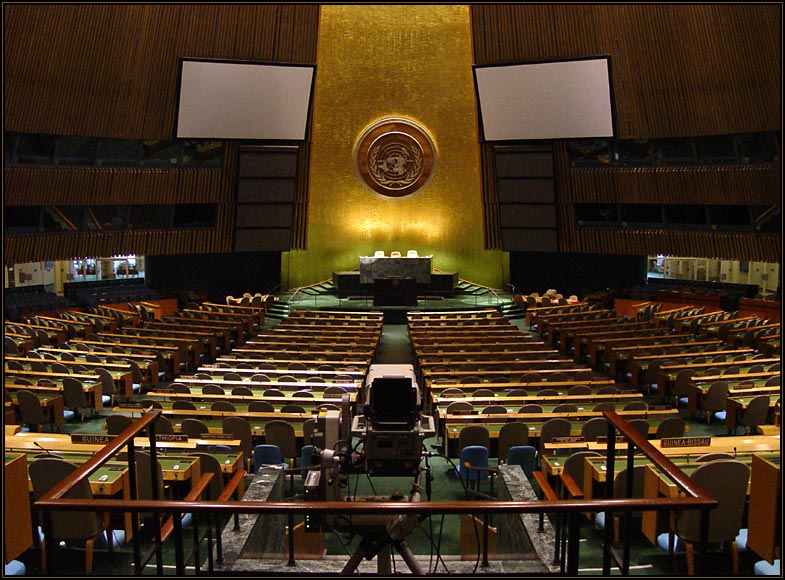The United Nations General Assembly unanimously adopted a resolution led by the United States to establish a regulatory framework for artificial intelligence.
The resolution calls on UN member states to “enhance safe, secure, and reliable artificial intelligence systems” to address issues related to “eradicating poverty, global health, food security, climate, energy, and education.”
Ambassador Linda Thomas-Greenfield tweeted in a post on X platform.
“This is a historic step towards enhancing safe, secure, and reliable artificial intelligence systems.”
While the resolution is not legally binding and does not specify a way to implement it, the resolution’s sponsors say that consensus among member states is crucial to establish regulatory foundations for rapidly evolving technologies.
Over 100 member countries sponsored the proposal, including China, marking a rare diplomatic victory for the United States. China has long been monitoring emerging artificial intelligence technologies and consistently responded with advanced regulatory measures.
The resolution also followed the European Parliament’s adoption of the pioneering Artificial Intelligence Act. The Act includes many provisions, including a ban on certain facial recognition artificial intelligence systems that gather facial images from the internet to create face recognition databases.
The French government tightened the noose on Google on Wednesday for using news articles to train artificial intelligence without informing the publishers. The competition watchdog imposed a fine of $271 million on Google after complaints from publishers that Google used their content without payment.
The sponsoring countries of the resolution announced that it aims to support the 2030 Sustainable Development Agenda. In 2015, all 193 member states agreed to work towards achieving the seventeen Agenda goals – which include eradicating extreme poverty and combating climate change – but efforts to achieve these goals remain far off track.
During over three months of negotiations preceding the resolution’s adoption, developing countries proposed including phrases that acknowledge the risks posed by artificial intelligence to jobs and the need for basic infrastructure, such as electricity and widespread internet, to ensure fair access to artificial intelligence.
“Often, during past technological revolutions, benefits were not fairly distributed, and a disproportionately small number felt the harms,”
“This resolution sets out a plan to advance in the field of artificial intelligence, where each country can benefit from its promises and at the same time manage its risks.”
This was stated by Vice President Kamala Harris in a statement
Thursday’s resolution represents the first major attempt to involve countries of the Global South in establishing a unified framework for artificial intelligence. Previous discussions on artificial intelligence at the international level were limited to the most influential countries during meetings like those held within the G7 and G20 frameworks.


